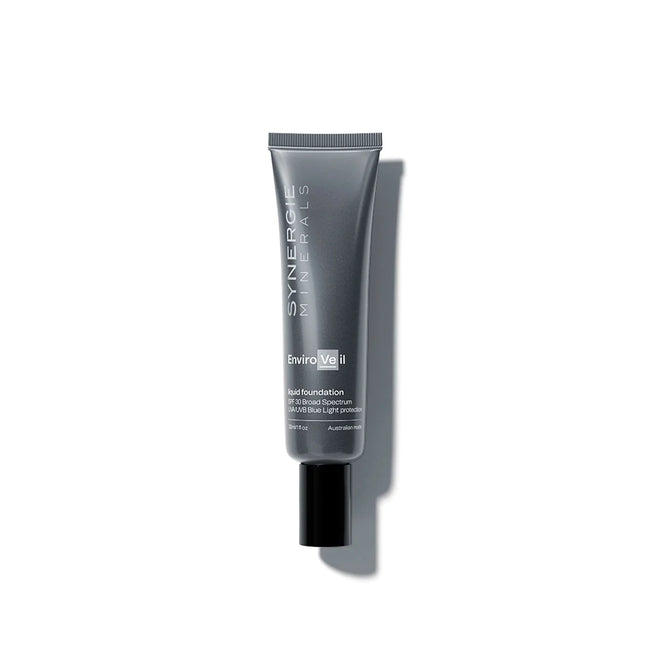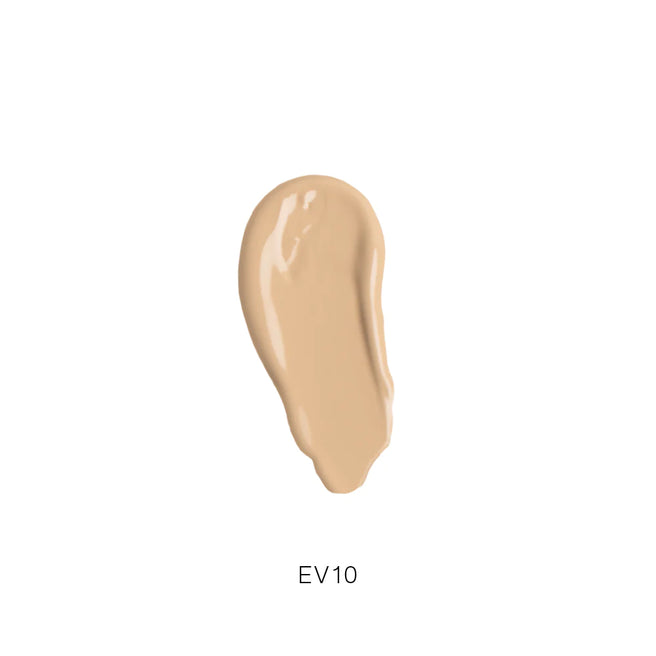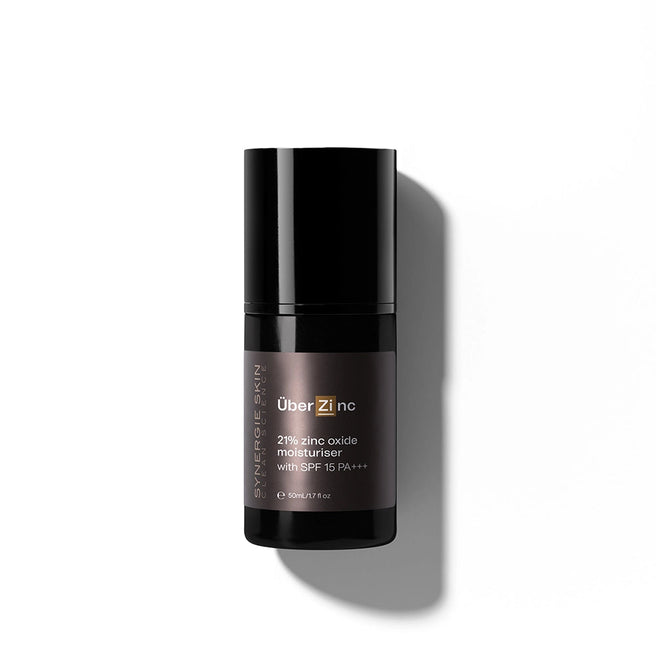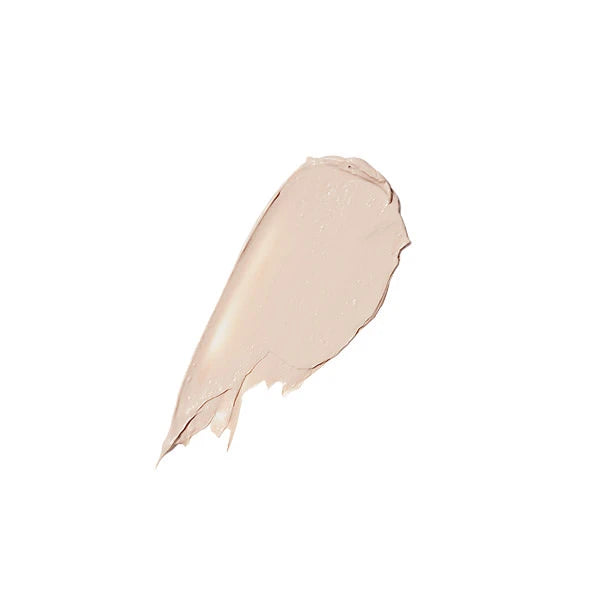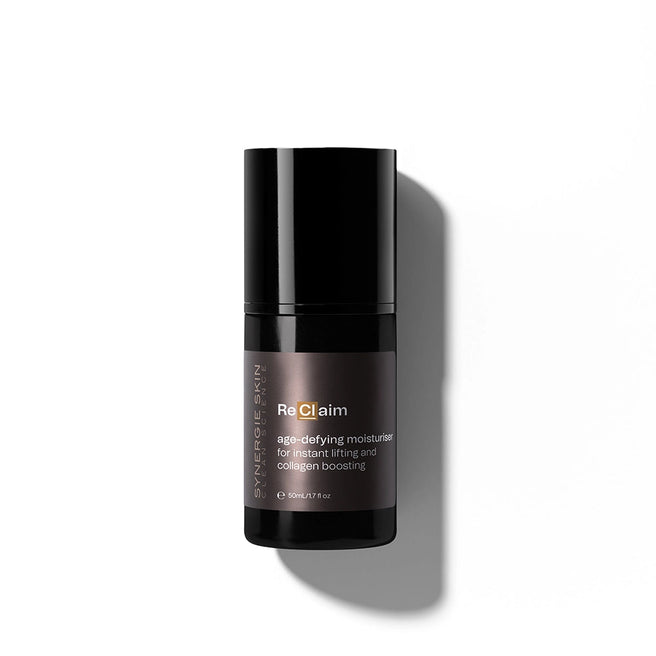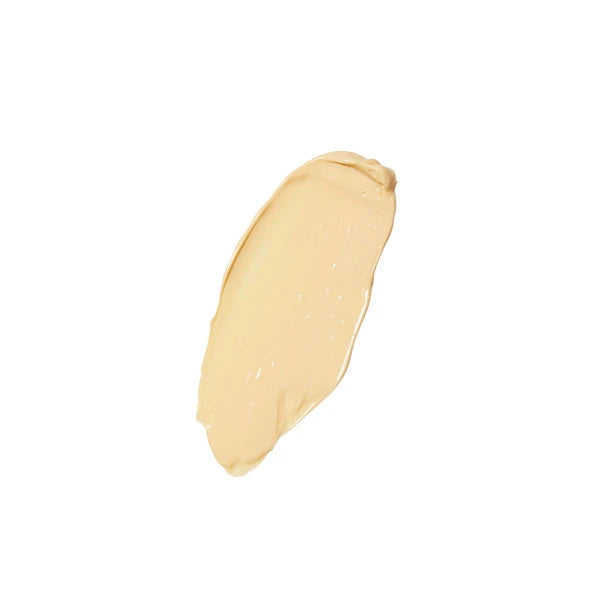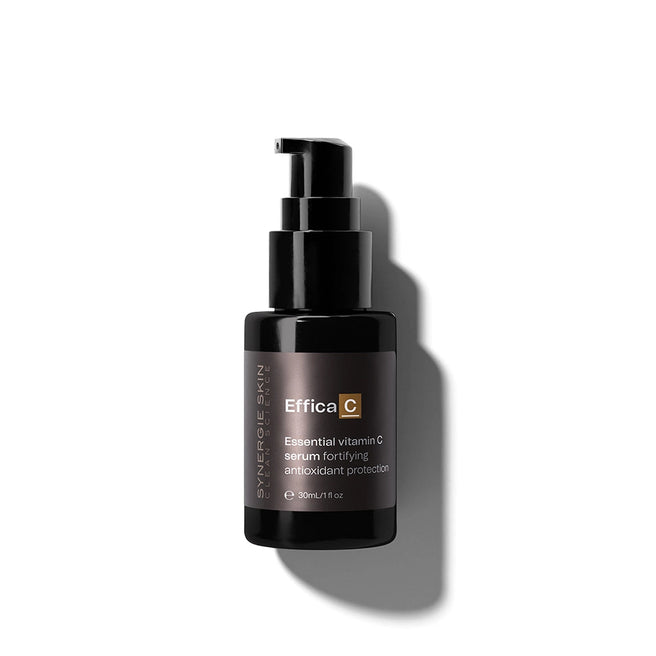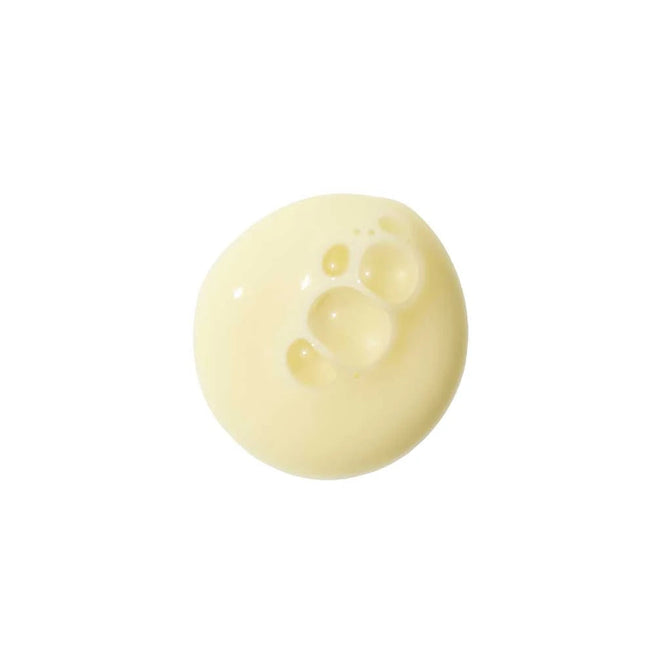Can the humble tomato be a skincare supercharger?
Many of us are already aware that harnessing the power of antioxidants is fundamental to achieving healthy, radiant skin. Among these potent defenders of cellular wellbeing, one star stands out from the rest: lycopene. Primarily sourced from tomatoes, this remarkable antioxidant carotenoid boasts an array of benefits that extend far beyond its role in dietary nutrition. In this piece, we break down the multifaceted advantages lycopene brings to skincare formulations and its intriguing potential when incorporated into everyday skincare.

Antioxidants for Skin
Lycopene isn't just any antioxidant – it's a supercharged guardian against oxidative stress and free radicals. While the term "antioxidant" might sound like a scientific buzzword, its importance cannot be overstated. Oxidative stress occurs when the balance between free radicals and the body's natural defence mechanisms falters, leading to potential cell damage and health issues. So, what do antioxidants do in skincare? They effectively neutralise these harmful molecules to protect your precious skin cells. Antioxidants like vitamin E can also help to extend the shelf-life of your products because they stop oils, butters, and waxes from oxidising!
Studies have illuminated lycopene's prowess in combating the harmful effects of UVB radiation, a common aggressor in skin damage. Derived primarily from the skin of tomatoes, this antioxidant not only shields the skin from the detrimental effects of solar exposure but also fortifies the outer cell membrane against free radical attacks from other sources such as pollution and internally cellular stress.
Lycopene benefits for skin: A Blue Light Ninja
Otherwise known as High Energy Visible (HEV) blue light, this form of solar radiation, this wavelength causes free radical damage to the skin, and has been linked to direct damage to the mitochondria, the ‘mini organs’ in our cells that provide all the energy we need to perform every function in our bodies. HEV exposure can directly impact our skin’s natural response to inflammation, and reduce our ability to repair the skin barrier. Blue light also alters normal melanin production, which may help explain why some individuals with melasma suffer from hyperpigmentation despite using high levels of sunscreen (which usually provides only UVA and UVB protection, but no HEV protection). This is why antioxidants like lycopene are so important, as they neutralise free radical damage generated from blue light. Lycopene is an antioxidant that assumes the role of a UVB and blue light ninja. It combats the damage from HEV/blue light wavelength rays, mitigates redness and cell damage caused by UVB exposure, and neutralises general free radicals in the body.
If you'd like to learn more about HEV Light, read the blog: Exploring the Effects of HEV Light (AKA Blue Light) on Your Skin.

Defying Urban Pollution
Urban living exposes our skin to a less visible yet equally potent foe: pollution. Even in areas with seemingly low air pollution, the interaction between smog and UV light forms ground-level ozone, a potent source of free radicals capable of causing DNA damage and skin barrier disruption. Incorporating topical antioxidants, like lycopene, into daily skincare routines serves as an effective defence against these unseen assailants.
A Skin Superfood Beyond Skincare
Whilst all of these lycopene benefits for skin are undoubtedly impressive, its advantages extend beyond the realm of beauty products. Incorporating lycopene-rich foods like tomato paste or sugar-free tomato sauce into your diet offers a skin superfood bolsters your body's internal defence against oxidative stress and contributes to holistic wellbeing and skin vitality. Food hack- the concentration of lycopene is much higher in cooked tomatoes and tomato paste compared to raw tomatoes.
Glycation: The Silent Aggressor
A lesser-known contributor to skin ageing is glycation. This intricate chemical reaction between sugar and and the collagen protein leads to the formation of Advanced Glycation End-products (AGEs), which causes brittle collagen molecules and accelerate the ageing process. Glycation-induced damage to collagen and elastin fibres results in weakened and stiffened structural support and elasticity for the skin, ultimately manifesting as sallow skin and wrinkles. This condition once again highlights the vital importance of antioxidants for skin protection. Lycopene's robust antioxidant properties combat the free radical aspect of glycation ageing, offering a great defence against this silent aggressor.
Conclusion
Lycopene's role in skincare formulations and dietary consumption is a testament to its multifaceted benefits. From defending the skin against UVB and HEV blue light free radical damage to countering the effects of urban pollution and glycation, lycopene emerges as a skin supercharger. By incorporating this antioxidant powerhouse into both skincare routines and dietary choices, individuals can unlock a wealth of advantages that contribute to healthier, more vibrant skin. So, whether you're applying it topically or savouring its presence in your favourite pasta sauce, lycopene redefines the landscape of antioxidant wellbeing.
Synergie Skin products that contain lycopene:
EnviroVeil light-reflecting liquid mineral foundation
DermaCalm soothing and repairing moisturiser
ÜberZinc zinc oxide moisturiser
ReClaim age-defying moisturiser
Effica C essential vitamin C serum




